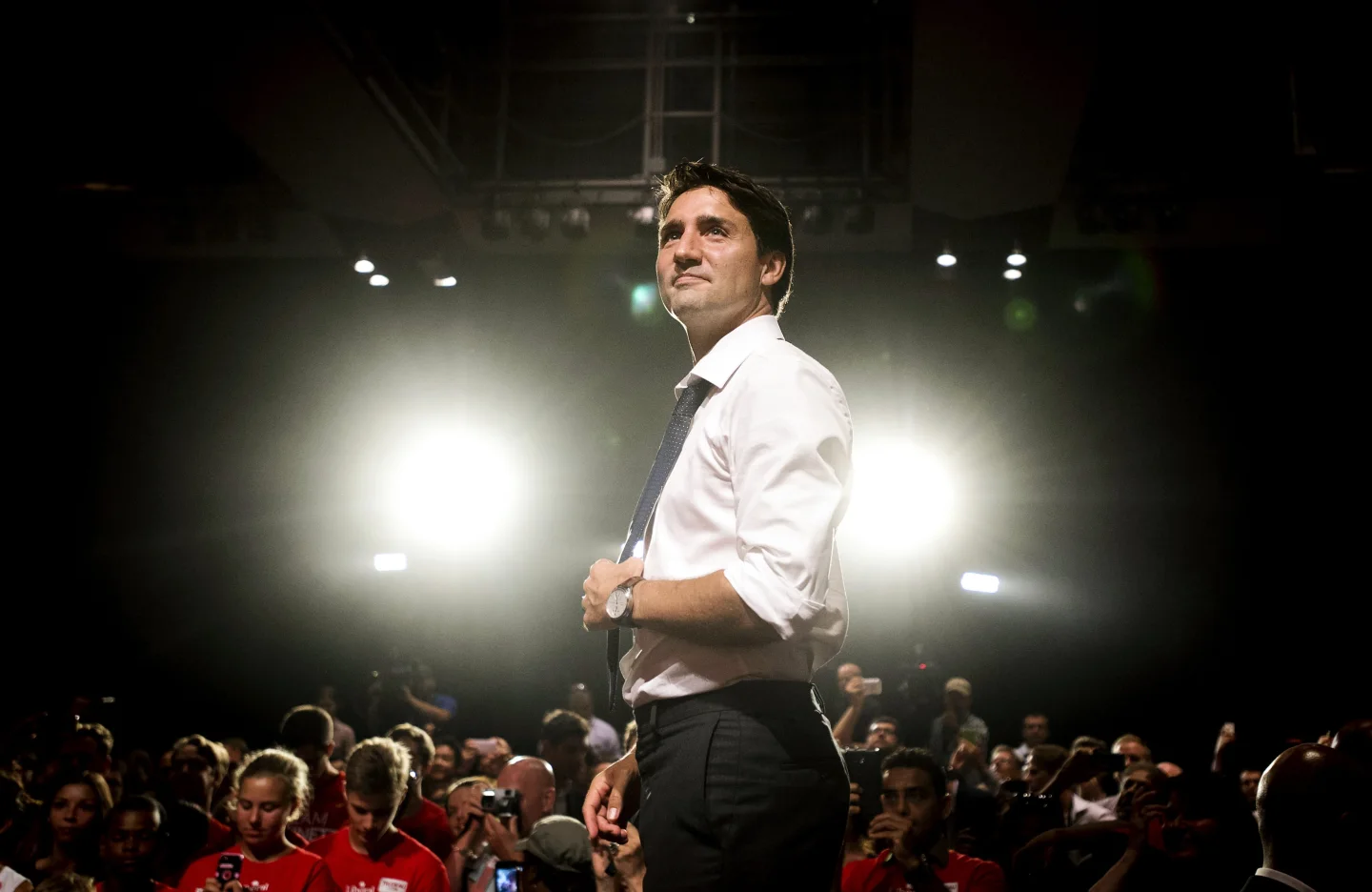Justin Trudeau's Resignation, Canada's Upcoming Election – Liberal Party's New Leadership and Political Instability
Toronto — Canadian Prime Minister Justin Trudeau has announced his resignation after losing growing support from both his party and the country. The Liberal Party will now have to find a new leader, as newly elected U.S. President Donald Trump has threatened to impose high tariffs on Canadian goods, with only a few months remaining until Canada's election.
Trudeau stated on Monday that he will remain in office as Prime Minister until a new leader is elected.
Trudeau was unable to manage the situation after the resignation of Finance Minister Chrystia Freeland, who was once one of his most influential and trusted ministers.
The 53-year-old Trudeau, the son of Canada's famous former Prime Minister Pierre Trudeau, has become unpopular among voters due to issues such as rising food and housing costs and increasing immigration. A new Canadian leader cannot be elected before Trump's inauguration on January 20.
Trump has referred to Canada as the 51st state and threatened to impose a 25% tariff on Canadian goods unless immigration and drug flows are stopped, even though most of the immigrants and drugs entering the U.S. come from Mexico. Canada's Ambassador to Washington, Kirsten Hillman, reported that Canada had a $75 billion trade deficit with the U.S. last year. However, one-third of this deficit was due to energy exports, and the increase in oil prices has widened the gap.
If tariffs are imposed, a trade war could ensue, and Canada has pledged to take countermeasures.
When Will the New Prime Minister Be?
The Liberals must elect a new leader before Parliament reconvenes on March 24, as the three opposition parties plan to bring down the Liberal government with a no-confidence vote. This would trigger an election, and the new leader would not remain in office for long.
If the election occurs in the spring, the Conservative Party is likely to win.
Who Could Be the Next Prime Minister?
Former Bank of Canada Governor Mark Carney is a potential candidate. He helped Canada recover relatively quickly from the 2008 financial crisis, but his political experience is limited.
Freeland is also a major contender. She resigned as Finance Minister last month. A close associate of Freeland mentioned that she will discuss the next steps with her colleagues.
Another potential candidate is the new Finance Minister, Dominique LeBlanc, a close friend of Trudeau, who once had dinner with Trump while serving as Prime Minister.
Is It Too Late for the Liberals?
Recent polls show a low probability of a Liberal victory. According to Nanos' latest poll, the Liberals are trailing behind the opposition Conservatives by 47% to 21%.
Trudeau's resignation announcement may provide short-term relief for the Liberals, but the situation could improve once a new leader is chosen. However, there will be little time to prepare for the election by then. Analysts believe that Conservative leader Pierre Poilievre will form the next government.










